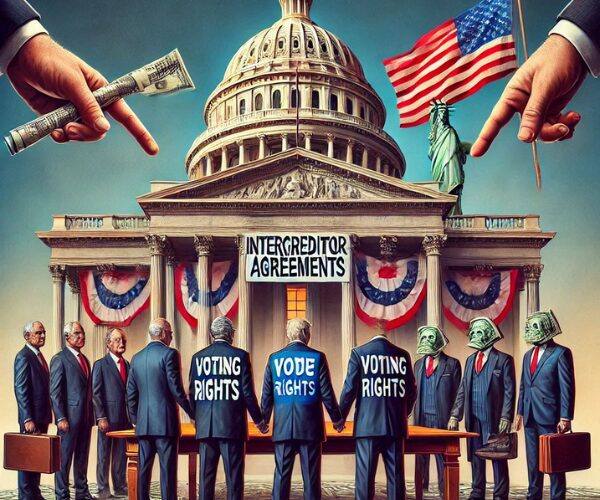voting rights provisions in intercreditor agreements may not be enforceable as expected
Voting rights provisions in intercreditor agreements may not be enforceable as expected. This reality poses significant implications for creditors involved in complex financing arrangements. Understanding the nuances and potential limitations of these provisions is crucial for parties engaged in intercreditor relationships. In this blog post, we will explore the enforceability of voting rights within intercreditor agreements and examine key considerations that may impact their validity.
The Enforceability Dilemma
The enforceability of voting rights provisions in intercreditor agreements often remains a contentious issue. Many parties assume that these provisions will provide a clear framework for decision-making among creditors. However, the legal landscape surrounding intercreditor agreements may not be as straightforward as believed.
The Role of Jurisdiction
Jurisdiction plays a pivotal role in the enforceability of voting rights provisions. Different jurisdictions may have varying interpretations of contractual agreements, particularly in the realm of intercreditor relationships. Courts may scrutinize the specific language used in these provisions and their alignment with local laws. This could lead to unexpected outcomes, rendering provisions unenforceable due to jurisdictional discrepancies.
Contractual Ambiguities
Contractual ambiguities can also undermine the enforceability of voting rights provisions. If the language of the intercreditor agreement is vague or open to interpretation, creditors may find themselves in a precarious situation. For instance, if the agreement does not clearly delineate how votes are to be counted or what constitutes a quorum, the intended voting rights may be rendered ineffective. Clarity in drafting is essential to ensure that all parties understand their rights and obligations.
Practical Implications for Creditors
The potential unenforceability of voting rights provisions has significant practical implications for creditors involved in intercreditor agreements. Understanding these implications can help creditors navigate potential pitfalls and protect their interests.
Risk Assessment
Creditors must conduct thorough risk assessments when entering into intercreditor agreements. This involves evaluating not only the terms of the agreement but also the potential for legal challenges that could arise regarding voting rights provisions. Engaging legal counsel early in the negotiation process can provide valuable insights into the enforceability of such provisions within the relevant jurisdiction.
Strategic Planning
Strategic planning is essential for creditors to mitigate risks associated with voting rights provisions. This may involve exploring alternative mechanisms for decision-making that do not rely solely on formal voting rights. Establishing clear communication channels and fostering collaboration among creditors can lead to more effective decision-making processes, even in the absence of enforceable voting rights.
Conclusion
In conclusion, the enforceability of voting rights provisions in intercreditor agreements may be fraught with challenges. Jurisdictional differences and contractual ambiguities can significantly impact the effectiveness of these provisions. Creditors must remain vigilant and proactive in assessing risks and planning strategically to safeguard their interests in intercreditor relationships. By acknowledging these complexities, parties can navigate the intricate landscape of intercreditor agreements with greater confidence and clarity.

